Why Clients End Their Agency Relationships
In the 2022 Setup Marketing Relationship Survey, Clients and Agency representatives shared why their partnerships came to an end. Though the reasons may be similar, it’s the order of those reasons that are so disparate. Agencies shared that they think Client budget cuts were the #1 reason that Clients ended relationships, but the Clients said that’s a much less frequent reason - it’s #8 for Clients.
Knowing where the gap is between priorities should help inform and improve these relationships, so that Agencies can better meet expectations and Clients can articulate those needs. In all cases, we at Setup encourage transparency for both parties - otherwise you’re all just wasting your time and resources.
So what are the reasons Clients end relationships? Below you will find the list of reasons from the Setup Marketing Relationship Survey from most common to least common.
Reasons Why Clients End Relationships
Dissatisfaction with strategic approach
Dissatisfaction with value
Change in my team’s leadership
Change in the agency’s personnel
Dissatisfaction with relationship
Dissatisfaction with delivery
Agency did not understand our business
Our team had budget cuts
Agency did not challenge us enough
Based on the first five reasons, people and performance are a Client’s main priorities. Agencies need to be sure that they are adding value if a Client is going to them to improve their strategy. A relationship’s dynamics can be impacted drastically depending on the people in it. For example, new Client leadership often means they restructure teams by bringing in their own people, and change in Agency personnel usually leaves the Client feeling confused and abandoned.
What can a Client learn from this data? If you are hired in a new leadership role at a company, make sure to evaluate the current relationships and long-term partnerships established with your company before bringing in your own contacts. A fresh perspective can definitely be beneficial from time to time, but sometimes the longstanding partnerships and mutual understanding and current processes work. So be sure the change is necessary before uprooting everything. As the saying sometimes goes - “If it ain’t broke, don’t fix it.”
Setup can help with this evaluation process as well. We have an Agency Evaluation Scorecard to assess your Agencies that is free to download, and we offer a Marketing Ecosystem Planning service where we take a look at the current marketing structure both internally and with agencies, and make recommendations to improve.
What can an Agency learn from this data? Communication is key. If there is a dramatic shift in staff and you are onboarding new members to handle the Client, be gentle with the turnover and overly communicate with the Client throughout the process to affirm that they are a priority.
Here are the Reasons Why Agencies think Clients End Relationships (From the Agency perspective based on what they’re told):
Client budget cuts
Change in client team’s leadership
Client dissatisfaction with delivery
Client dissatisfaction with strategic approach
Change in the agency’s personnel
Agency did not challenge client enough
Client dissatisfaction with relationship
Agency did not understand client's business
Clearly there is a misalignment between what Clients are thinking when they end a relationship, and what their Agency partners are hearing. Because you cannot be in someone’s head and know what they’re thinking, we advocate for clear and honest communication in order to have a stronger partnership.
Here are tips on how both parties can communicate more effectively.
Be specific about the problem by detailing what is wrong and what could be improved
Let the account lead know how this problem is affecting you and your team
Outline an ideal state or goal that would be satisfactory and establish new expectations
Articulate what will happen if the problems are not addressed or objectives not achieved
Create a space for either the Agency or Client team to be open about problems they are facing or concerns on their end
Read More: What to Do When You're Stuck with a Marketing Agency
There is also a lot left unsaid by both parties. Instead of playing games by assuming the other side understands, articulate your needs. To have a healthy and beneficial relationship, intentions need to be known. We spoke to Client and Agency representatives to understand the main topics they want the other party to know.
3 Things Agencies Want Clients to Know:
Agencies want to take the time to understand your business. The more questions they ask upfront, the more they understand your business and the industry, and the better the output will be.
Trust that the Agency has your best interest at heart, and let their experience guide the work. Respect is fundamental for any progress to be made.
It can’t be good, fast, AND cheap - You’ll have to pick two.
3 Things Clients Want Agencies to Know:
Agencies should educate themselves about the company with everything publicly available, and then augment that with additional info from the client.
Clients want an extension of their team, and someone who isn’t always selling to them, but helping them navigate their challenges and the bureaucratic red tape of big companies.
Understanding and respect is important. Being patient about timing and granting grace is important for projects to move forward.
We hope by highlighting these gaps in expectations and where communication can be improved, Clients and Agencies can enter partnerships with a more honest and open dialogue. By understanding why Clients are ending relationships, Agencies can work to improve their strategic approach and relationships. And, even if those reasons rank the same in the next year, we hope that they will be aligned across the board for both parties, meaning communication will have improved.




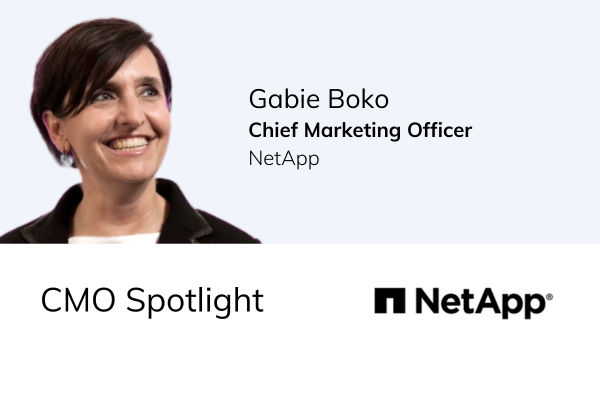


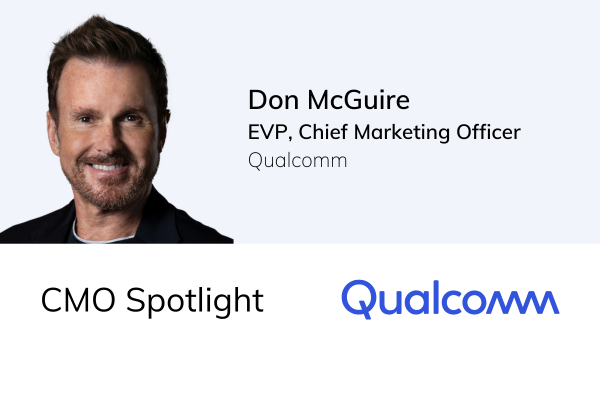
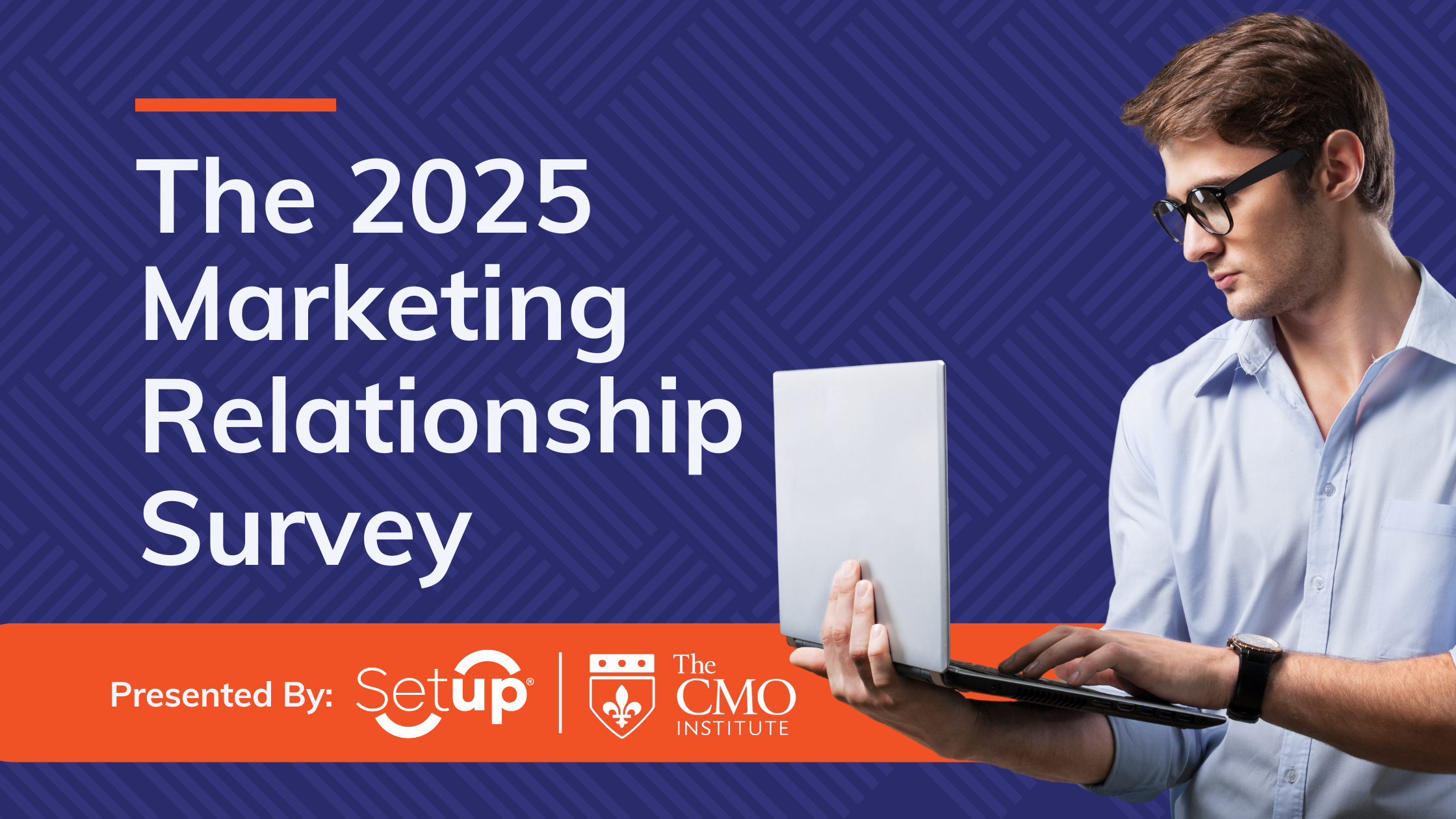
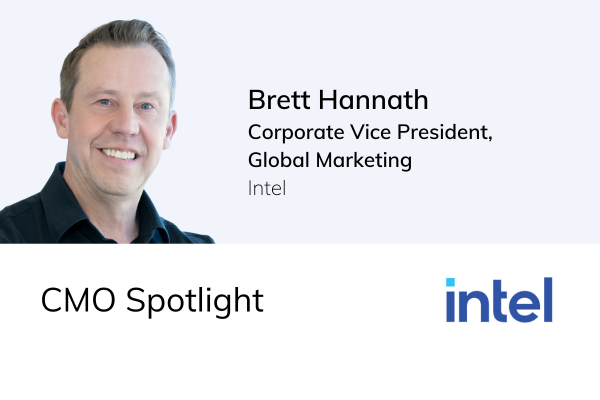
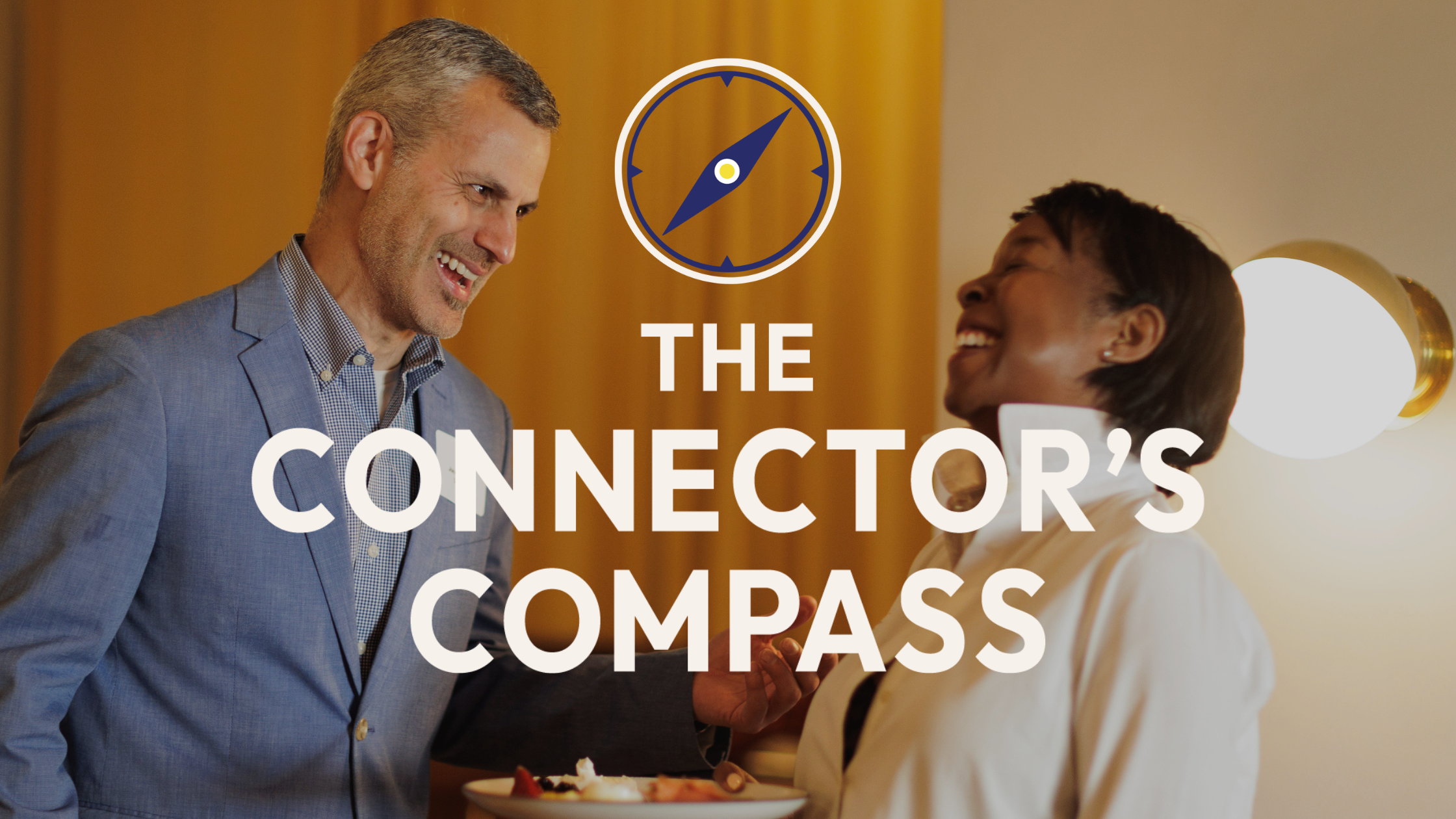










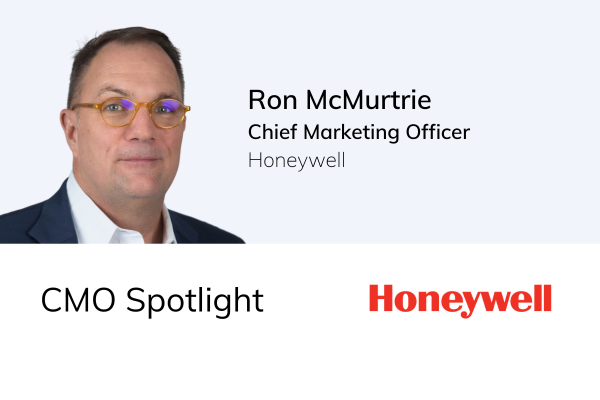










In the last six years, we’ve surveyed thousands of brands and agencies about their relationships. Each year, the data tells the story that brands want a partner they can rely on, but finding that partner often is difficult, expensive, and time consuming.
Read what brands are looking for in the perfect agency partner.